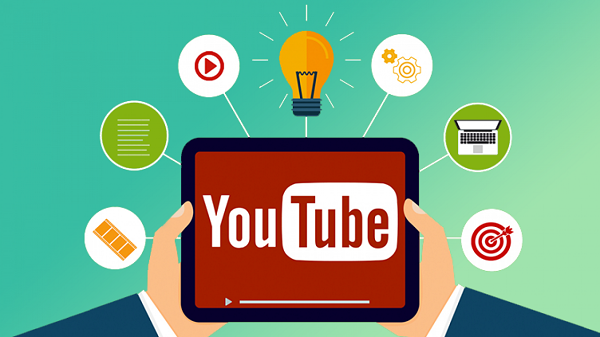🔍 1. Research Topics and Keywords
The first step is always this: Create content that people are actually searching for.
You can use tools like:
- YouTube Search Suggest – Type a keyword into the YouTube search bar and observe the suggested terms.
- Google Trends – Track what people are searching for over time.
- TubeBuddy or VidIQ – Two popular tools that help analyze keywords, suggest titles, and generate effective tags.
👉 Look for topics that have high search volume but low competition (niche topics). These are easier to rank and gain traction with.
🎯 2. Clearly Identify Your Target Audience
Not everyone is your viewer.
Ask yourself: Who is your channel really for?
- What age group?
- What gender?
- What time of day are they most active on YouTube?
- What are they interested in?
💡 For example:
If you’re creating content for high school students learning online, your tone of voice, visual design, and even upload times should align with their habits and preferences.
👉 A successful strategy always starts with understanding your audience.

🗓 3. Plan Your Content Long-Term
Don’t let creativity turn into a last-minute panic of “What should I post tomorrow?”
Instead, plan at least 1–2 weeks or even a month ahead:
- Break down your content by weekly themes (e.g., Week 1 – YouTube tips, Week 2 – useful tools…)
- Set a fixed posting schedule (e.g., every Monday & Friday at 7 PM)
- Write your video descriptions in advance and prepare thumbnails if possible
✅ This helps you save time, look more professional, and build consistency for your audience.
✨ 4. Create Valuable Videos That Keep Viewers Watching
Viewers are busy – you only have a few seconds to keep them interested!
A strong video should include:
- A hook in the first 10–15 seconds to spark curiosity
- Clear, structured delivery of your message
- Smart Calls-to-Action, like:
“Subscribe so you don’t miss out” or “Check out the video linked in the description”
Make sure your video offers real value – whether it solves a problem, inspires, or entertains.
💡 Tip: Adding subtitles and video chapters enhances the viewer experience, especially on mobile.
📈 5. Track Performance and Keep Improving
After publishing a video, don’t just move on and forget it!
Use YouTube Analytics to monitor:
- Audience retention – how long viewers stay
- Click-through rate (CTR) – how many people click on your video
- Most rewatched videos – a sign of valuable or engaging content
From these insights, you’ll learn:
- What topics to cover next
- Which titles or thumbnails attract more attention
- The best times to post for your audience
👉 Analyze – Experiment – Improve.
That’s the cycle every growing creator needs to follow.

